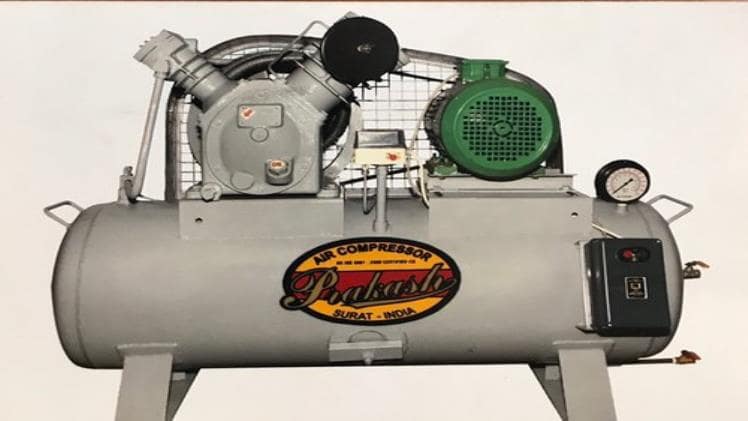It’s extremely rare that any of your clients will have an interest in the inner workings of their residential refrigerator. It’s there, it cools their drinks and keeps their food fresh. What else is there to think about? However, if a problem arises or if they need to start thinking about replacing a vital component of their refrigerator, it’s at this point that they’re going to wish to know more about the exact issue and the part of a fridge that’s causing it.
This is where you and your technicians come in. It’s up to you to explain it all and it’s your job to make that explanation both easy to understand and as detailed as possible. Among the many other components of every refrigerator, the compressor stands out as the most important one. This is why you should dedicate some of your time to learning how to give your customers essential information about what compressors are, how they work, and why they can fail.
What Is The Job Of A Compressor?
As mentioned, compressors are one of the most important components in a refrigerator, if not the most important one. On the other hand, they’re also one of the refrigerator parts that’s under most pressure, giving it a bad reputation as the component that fails most frequently, making it one of the parts of a refrigerator of most interest to your clients.
It’s actually both its importance in the refrigeration cycle and it’s susceptibility to failure that makes it essential for your technicians and you to learn more about what it’s job is and why it can be prone to failures. First, we’re going to explore what exactly a compressor does before delving deeper into the common reasons for malfunctions.
How Compressors Work
The compressor in a refrigerator has a crucial role to play, as it’s in charge of starting the entire refrigeration cycle. It works in unison with the evaporator, the expansion valve, and the condenser to transform the refrigerant into gaseous and liquid state and provide the necessary temperature reduction that allows this appliance to perform its basic function.
The process of evaporation is responsible for providing the cooling within a refrigerator. The compressor begins to operate when the thermostat recognizes that the temperature on the interior of the appliance has reached a value above the one set by your client. This is the time when the cycle begins.
- First, the compressor starts. It serves as a pump that takes cool refrigerant in gaseous form from the evaporator and compresses it back into the liquid state by pressurizing and heating up the gas.
- When the refrigerant becomes gaseous and reaches a high temperature, the compressor pushes it toward exterior condenser coils where it cools down through a combination of exterior air temperature and water.
- At the end of the cycle, the liquid refrigerant reaches the compressor again, and the entire cycle begins once more.
What Can Cause A Compressor To Fail?
One of the most common reasons behind compressor failures is the inevitable wear and tear over many years of non-stop operation. However, your clients have to know that the process of compressor failure is accelerated with improper maintenance, which is why they should contact you for regular system inspections.
However, sometimes malfunctions with other components within the system can also lead to compressor failure. For example, a faulty thermostat could cause the compressor to turn on more frequently than necessary, causing it to wear out faster and break down sooner. This places an even greater emphasis on continual refrigerator maintenance and servicing.

